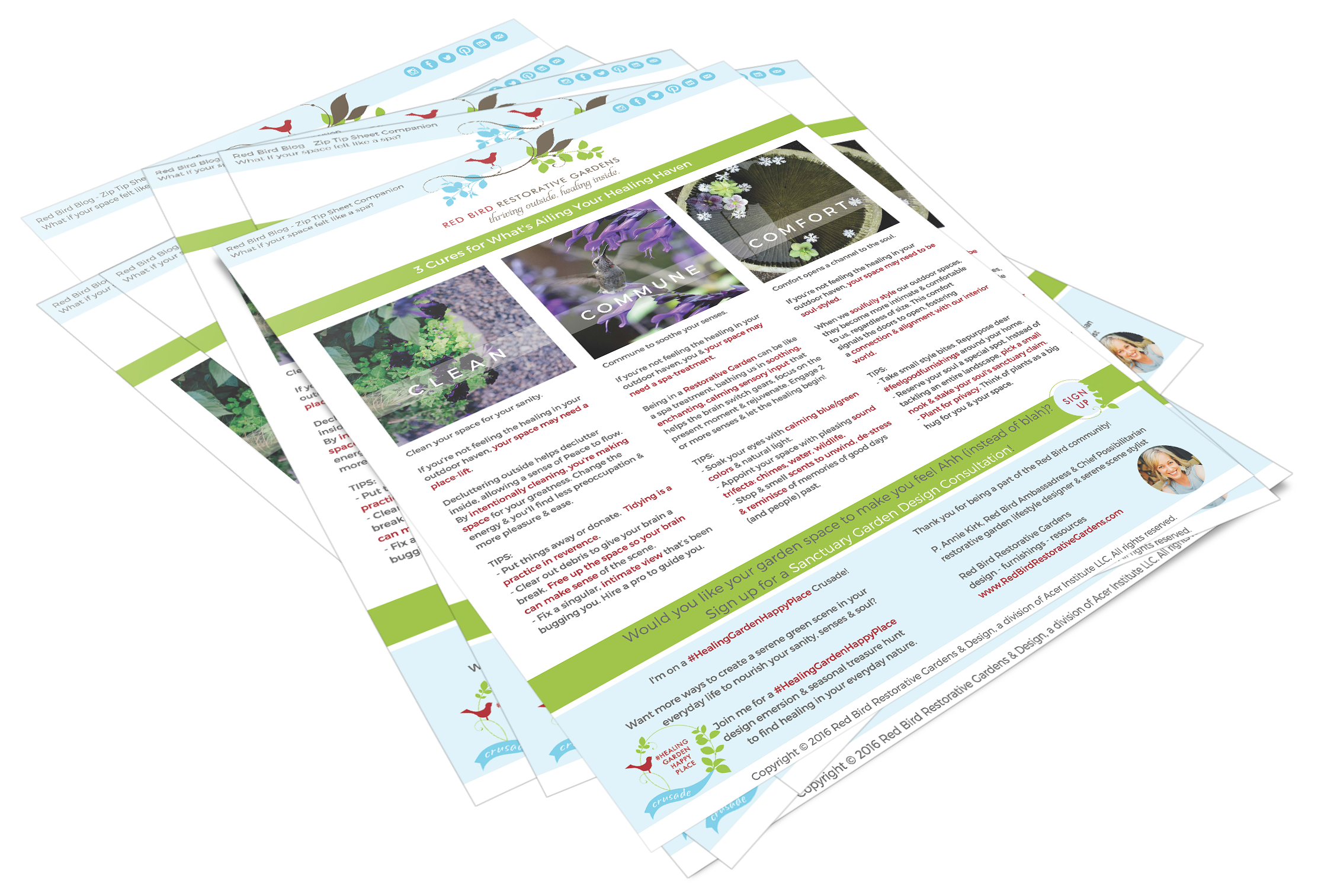 Sustainable Gardening: Oregon-Washington Master Gardener Handbook
Sustainable Gardening: Oregon-Washington Master Gardener Handbook
Was a pleasure to be greeted by similarly-minded, pink-vested, recycling devoted, deliriously happy Clackamas County chapter Master Gardeners – all buzzing around like happy, little bees, welcoming the “new-bees”.
Given the (over) abundance of info shared (note the girth of the Sustainable Gardening binder received on week 1), five factoids that may tickle your fancy:
1. There are 3000+ Master Gardeners (MG) in Oregon. This best kept, grassroots (oh, pardon the pun) secret provides over 31,000 volunteer hours on behalf of the Oregon State University Extension Service. The result is enough volunteer man/woman power to equal what 15 full time employees would do for OSU. This is a well-oiled, massive, complex, outrageously helpful outreach machine.
2. More than one-third of all Oregonians seek advice/help from the OSU Extension Service.
3. The MG course is not some “grow better tomatoes” info-session (though I do anticipate learning about tomatoes). And more on the tie between tomatoes, civility, social relationships and our food shed in a later post.
4. MG program’s mission: help us greenies (again, can help but pun) fulfill a critical role on the education delivery train: understand, digest, apply, teach, find & share the current research coming out of OSU (accredited land-grant university) related to gardens, plant/people relations, ecology and health.
5. The origin of “green thumb”, shared by Chip Bubl: pinching off plants (at right place, right time) to spark growth. Consider me pinched.
How lovely to plunge into a huge pool of information, surrounded by passionate people, chanting the same mantra: promote plant-based solutions for social problems. Gardens (when designed sensitively) are practical and purposeful in affecting change. Gardens grow hope, offer social support, positive distractions. When times (or food sources) are uncertain, change comes fast, and stress is high, gardens offer a sense of control – curtsey to the great minds in therapeutic garden design research and supportive design theory.
—
Promoting wellness and enhancing life through gardens, large and small, is an exciting job.
—
Week 2 – what they didn’t teach you in landscape architecture school: basic botany, entomology, soils and compost – yah, all that and a bag of chips in one eight hour day.






{ 0 comments… add one now }